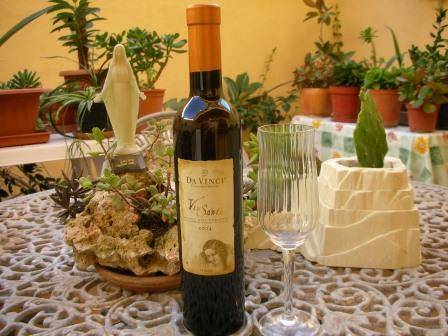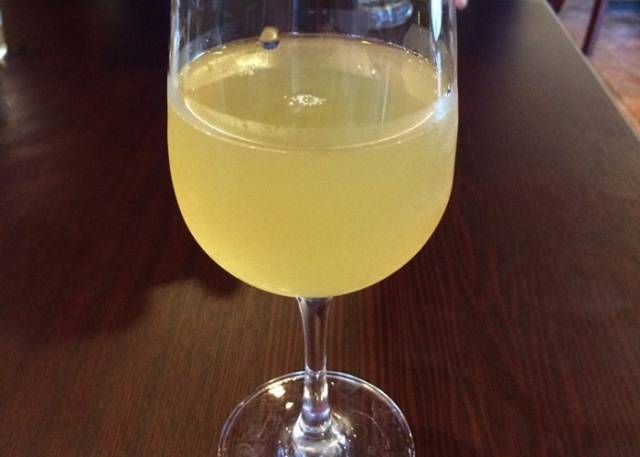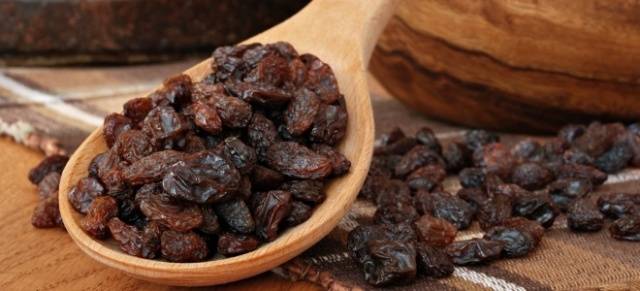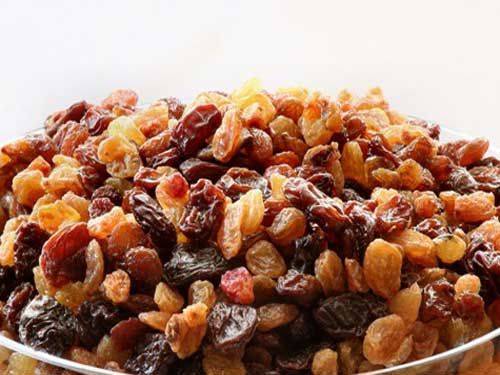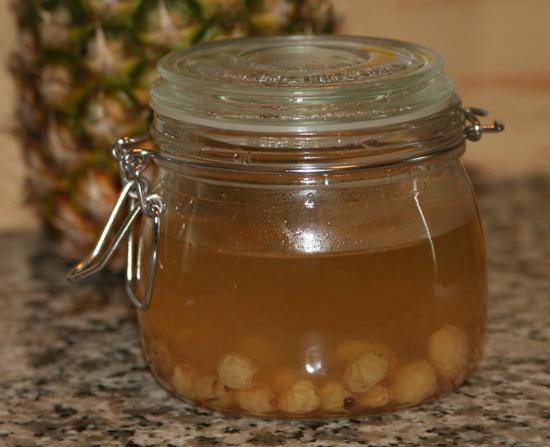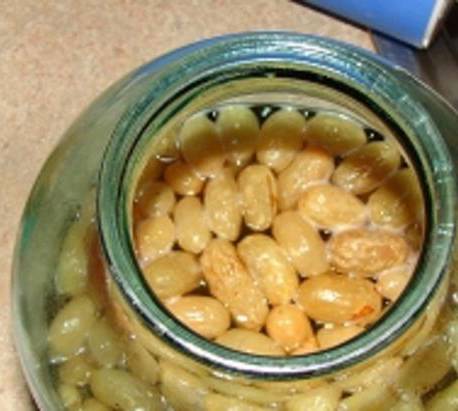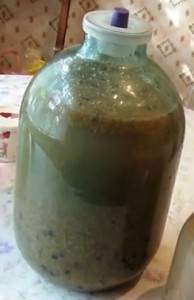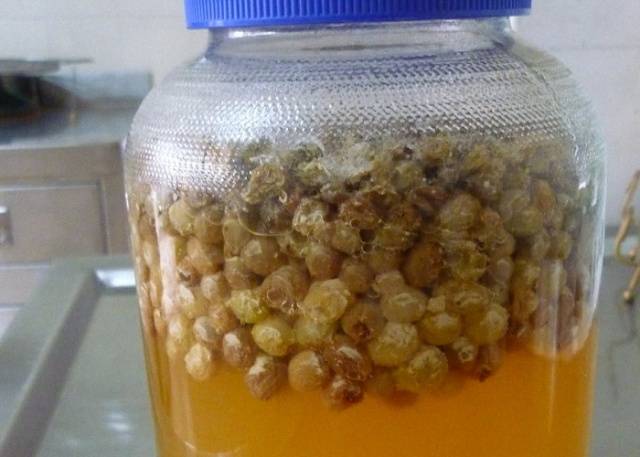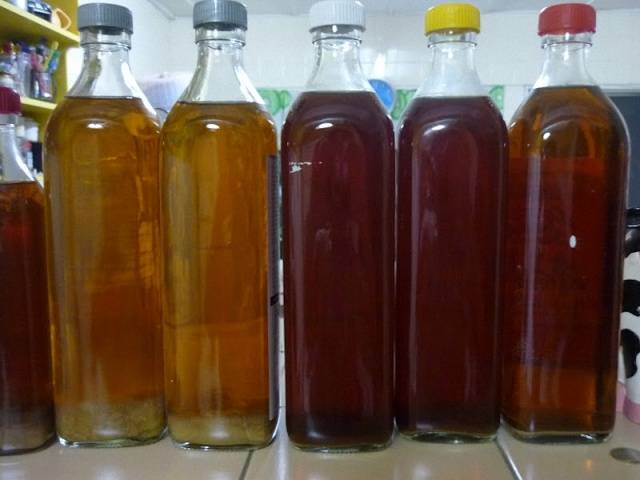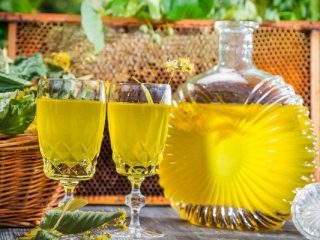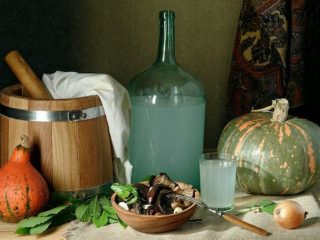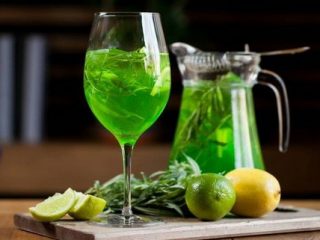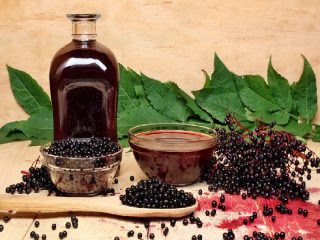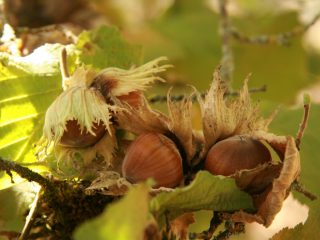Many people believe that winemaking is an occupation exclusively for those happy owners of garden or backyard plots who have any fruit trees available. Indeed, in the absence of grapes, many are fond of making fruit and berry wines from their own raw materials, since in this case one can be sure of the naturalness of the constituent ingredients. Well, if there is a desire to create wine at home with your own hands, and getting fresh berries or fruits is a problem for various reasons - either the climatic conditions do not allow, or the season is not suitable for the yard. In this case, there is the most optimal solution to this problem, which is that homemade wine can be made from dried fruits, and, in particular, from raisins, which is easy to get at any time of the year and anywhere.
The fact is that raisins, being dried grapes, concentrate sugar up to 45-55% and retain all their aromatic properties. Therefore, if you make wine from raisins at home, then you can enjoy a soft, velvety taste and moderately strong homemade drink.
Selection of raw materials
You should be aware that not every raisin offered to you in the market or in the store is suitable for homemade wine. Raisins, dried without adding a variety of chemicals, should have on the surface the so-called wild natural yeast - microorganisms that play a leading role in the fermentation process. By the way, for this very reason, never wash or even rinse raisins before using them.
Many commercially available raisins have a glossy finish. As a rule, this is the result of processing them with chemicals that destroy many beneficial microorganisms, so such raisins are not suitable for making wine. It is better to prefer discreet-looking dried berries with a natural bloom.
The color of the raisins, in principle, is not decisive, but keep in mind that when dried, any grape darkens. Therefore, too light raisins can also raise suspicion of additional processing with unnecessary substances.
Sourdough is the main thing
It is known that it is difficult to get good wine without high-quality wine yeast. But the uniqueness of raisins lies in the fact that it itself is the basis for obtaining high-quality natural wine sourdough, which can be further used to obtain wine from almost any natural raw material (even frozen or digested). You can store the obtained wine yeast for a short time, about 10 days and only in a refrigerator, therefore it is recommended to make this leaven shortly before the moment when you want to put homemade wine.
So how do you make this raisin sourdough?
You will need:
- 200 grams of unwashed raisins;
- 2 tablespoons of sugar;
- half a glass of water.
It is advisable to grind the raisins by passing it through a meat grinder or using a blender for these purposes. Then pour it into a small jar or bottle with a capacity of 0.5 to 1 liter, fill it with warm purified water and add sugar. Stir so that the sugar is completely dissolved. Close the neck with gauze in several layers and place the jar in a warm and not necessarily dark place (the temperature should be at least + 22 ° C) for 3-4 days. During this time, the leaven should ferment - the raisins float up, foam appears, there is a hissing, some sour smell is felt.
If during this time of being in the warmth signs of fermentation did not appear or they are very weak, then it is better to look for another raisins. Otherwise, everything is in order with the raisins, the sourdough is ready and the wine can be fermented.
Wine making technology
One of the simplest recipes for making homemade raisin wine is as follows.
If we assume that you have already made the starter culture, then you need to find another 1 kg of raisins, 2 kg of sugar and 7 liters of purified water.
The fermentation vessel is best taken from glass or enameled, and only as a last resort, use food grade plastic. The container must be sterilized before use.
It is advisable to grind the raisins - in this form, the fermentation process will go faster. Pour the raisins into the prepared container, add exactly half of the sugar prescribed by the recipe (1 kg) and water heated to + 40 ° C. The sugar should be completely dissolved.
Now a pre-prepared wine sourdough from raisins is added to the mixture (you do not need to filter it). In order for the fermentation process to proceed correctly, any water seal is installed on the container. It does not allow oxygen from the air to penetrate into the container and at the same time allows excess carbon dioxide generated during fermentation to escape.
The simplest option for a water seal is a sterile medical glove with a tiny hole in one of your fingers, worn over the neck of your fermentation vessel.
Place the container with the raisin mixture in the dark (it is allowed to cover with something on top) in a warm place with a temperature of + 20 ° + 25 ° С. After a while, the fermentation process should begin - the glove will rise and inflate. Everything is going well. In this case, after about 5 days, add another 0.5 kg of sugar to the container.
To do this, remove the water seal, drain a small amount of wort (about 200-300 g) using a tube and dissolve the sugar in it. The syrup with sugar is poured into a container with future wine and again a glove is well fixed on it or a water seal is placed.
After another 5 days, this procedure is repeated again with the remaining amount of sugar (0.5 kg). In general, the fermentation process usually lasts from 25 to 60 days. During this time, a thick sediment forms at the bottom, the wort brightens, and the glove slowly drops. When it is completely lowered, fermentation is complete and you can proceed to the next stage of making wine from raisins - ripening.
After the end of fermentation, carefully drain the wine from the container, using a special tube for this purpose, so that all the sediment remains in the same container. Wine should be poured into clean and absolutely dry glass bottles, which are filled to the very top and sealed. When pouring, homemade raisin wine can be tasted and, if desired, add sugar to taste or vodka to fix the drink (usually from 2 to 10% of the volume is used). It is only necessary to take into account that the addition of sugar provokes the fermentation process, therefore, in this case, a glove or a water seal will again be needed for a while.
In this form, the wine is aged from 3 to 6 months in cool dark conditions. This greatly improves the taste of homemade raisin wine. The strength of the resulting wine is approximately 11-12 degrees. After maturation, the wine is hermetically closed and stored under the same conditions for up to three years.
To create additional flavoring effects, hibiscus petals, honey, lemon, vanilla and cinnamon can be added to the wine. But even without these additives, raisin wine can delight you with the real taste and aroma of grape wine. And any drink made with your own hands will warm your soul and body much more reliably than a factory product.
